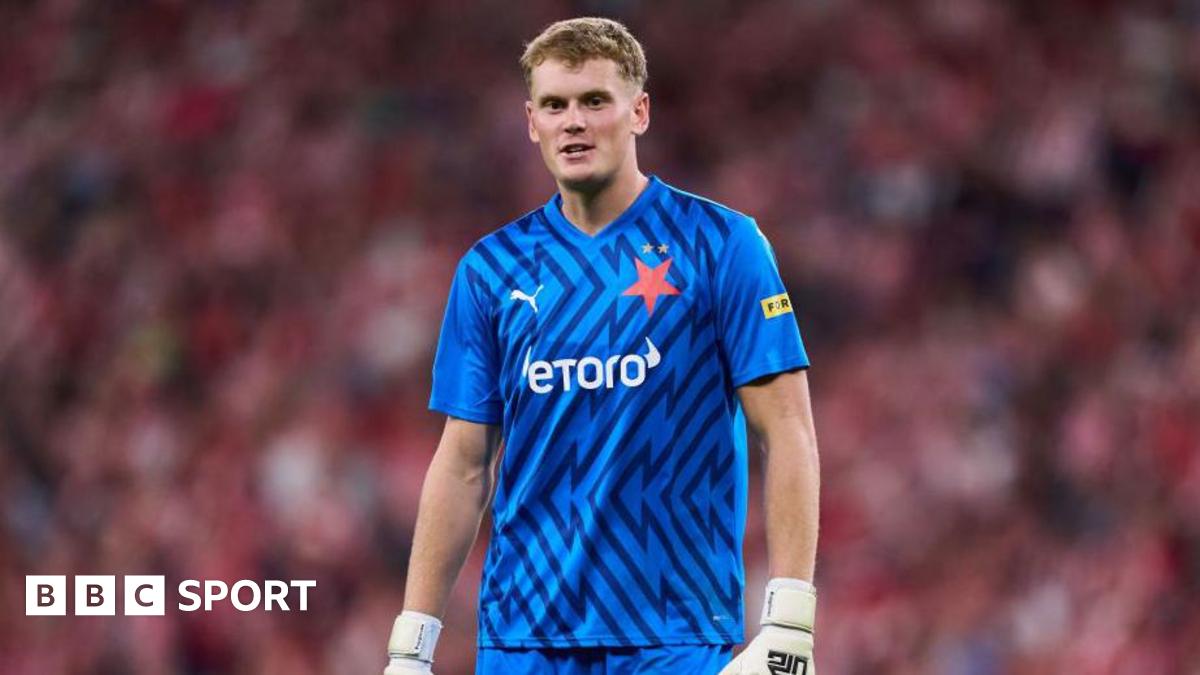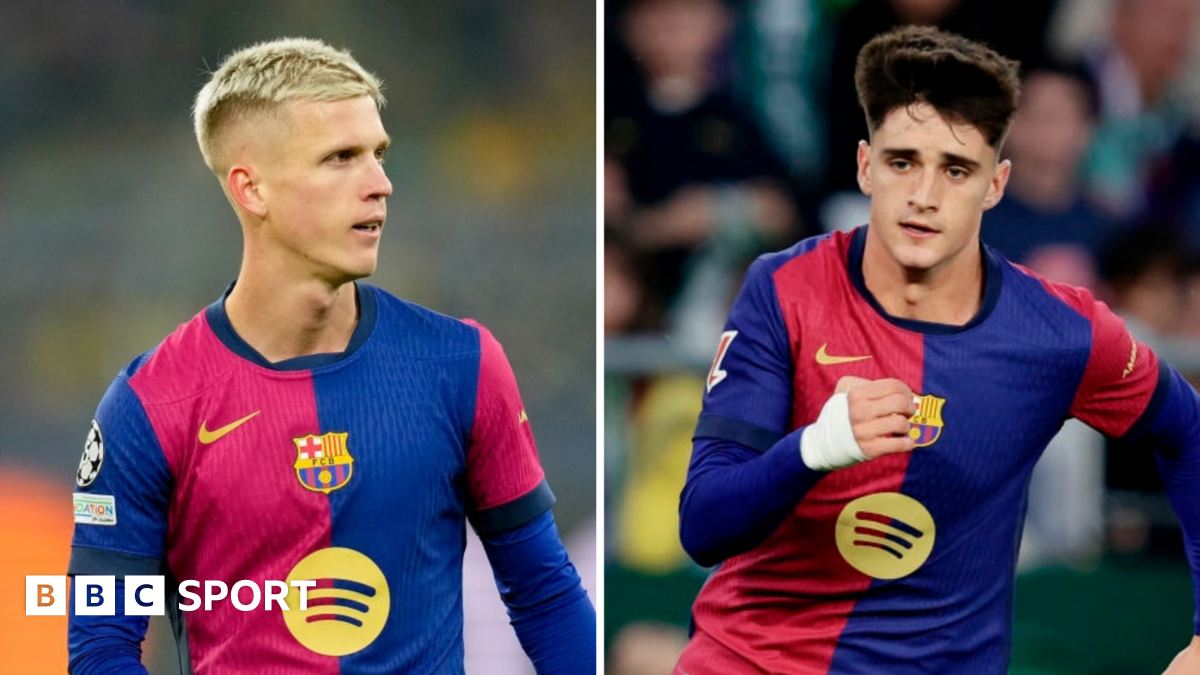Cycling’s world governing body will review time trial helmet designs after issuing a ban on a ‘head sock’ element.
The UCI says it wants to ensure radical designs do not compromise safety.
“It raises an issue concerning the current trend, focusing more on performance than to ensure the safety of the wearer in the event of a fall,” it said in a statement.
The ‘head sock’ is a built-in balaclava attached to helmets which is designed by American company Specialized.
Its TT5 helmet is supplied to teams including Soudal-Quick Step and Bora Hansgrohe, but the ‘head sock’ element has been banned after UCI officials deemed it “non-essential” to safety or “clothing purposes”.
The UCI added: “After conducting a thorough process, it was concluded that the head sock is a ‘non-essential’ component…
“As a result, the head sock integrated into the TT5 helmet will no longer be permitted for use at events on the UCI international calendar, effective from 2 April 2024.”
Time trial helmets – used in a race against the clock – have long been designed to aid aerodynamic efficiency during competition.
Recent years have seen ever more innovative shapes as top teams look for the marginal gains which have become synonymous with cycling.
All equipment used on cycling’s World Tour must be commercially available.
Questions have also been raised over the new oversized helmet design debuted by Visma-Lease a Bike at Monday’s opening time trial at the Tirreno-Adriatico race in Italy.
Visma-Lease A Bike rider Matteo Jorgenson told ITV Cycling: “I don’t know what to say [about its performance] – it’s some alien technology.”
Elsewhere, Tuesday’s Paris-Nice team time trial was won by UAE-Team Emirates, with American Brandon McNulty wearing the yellow jersey ahead of Wednesday’s stage four race to Mont Brouilly.
In Tirreno-Adriatico, Belgium’s Jasper Philipsen won the sprint into Follonica for his Alpecin-Deceuninck team.



















